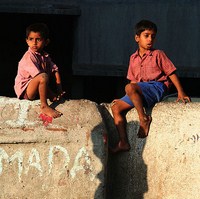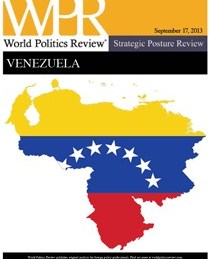
Among developing countries, Brazil is increasingly seen as a model for social development. Its achievements over the past two decades are impressive. The share of the population living in extreme poverty fell from 16.4 percent in 1995 to 4.7 percent in 2009. Inequality as measured by the Gini coefficient fell more than 10 percent in the same period, to 0.53, where 0 represents perfect equality of income distribution and 1.0 perfect inequality. Growth has been an important driver for these trends, particularly because over the past decade Brazil’s growth has been distinctly pro-poor: Personal income among the poorest 10 percent […]






